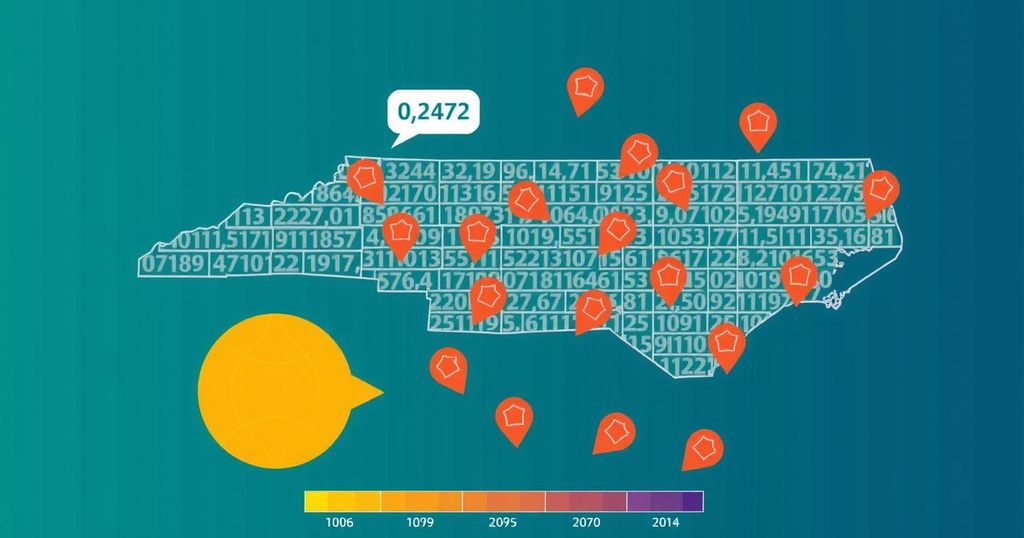Implications of NC’s 2024 Election Results on Public Education

The election of Mo Green as North Carolina’s superintendent of public instruction marks a pivotal shift towards enhancing public education. With a newly fragmented Republican supermajority and Democratic victories, prospects for increased funding and improved collaboration in educational policies could significantly benefit public schools. Green advocates for restoring respect for educators and boosting investment in critical areas, hinting at a promising future for North Carolina’s educational landscape.
The recent election outcomes in North Carolina appear to herald a significant shift in the governance of public education within the state. With Democrat Mo Green winning the position of superintendent of public instruction and several additional Democratic victories in state offices, including the governor’s seat, the potential for enhanced investment and improved conditions in public schools is promising. Furthermore, the breakdown of the Republican supermajority in the state House may foster a collaborative environment conducive to bipartisan support for public education, alleviating previous concerns about funding and policy direction. Mo Green’s campaign focused heavily on the urgent need for increased state funding for public education, specifically advocating for enhancements in early learning interventions, educator salaries, and support for disadvantaged students. As the newly appointed superintendent, Green emphasized the importance of restoring respect for educators and improving their working conditions to encourage effective teaching. In response to declining state support for public schools, he aims to create a robust educational framework that prioritizes the needs of students and staff alike. The State Board of Education remains a critical player in shaping public education policies. Its authority, particularly in relation to the state legislature, will influence the extent to which new educational policies can be enacted under Green’s leadership. However, the responsibilities of the General Assembly in dictating procedural matters such as teacher salaries and school operational protocols necessitate strategic cooperation among all governing bodies. Green’s leadership role and the Democrat-controlled offices position the board to potentially enact policies reflective of modern educational needs. Despite the hopeful outlook for reform, certain challenges persist. As North Carolina transitions into this new political landscape, educators and stakeholders remain cautiously optimistic about potential changes in funding priorities. Previous legislative trends have favored funding for private and charter school initiatives, which raises concerns about the equity of funding allocations for traditional public schools. Hence, political discourse and legislative decisions will be pivotal in determining the future trajectory of North Carolina’s public education system. As the Governor appoints board members and new legislation is proposed, constituents and educational leaders are encouraged to remain vigilant and engaged in the policy-making process. The outcomes of this recent election could serve as a crossroads for the advancement of public education in North Carolina, paving the way for improvements that address the pressing challenges faced by schools today.
The context surrounding North Carolina’s public education system has been shaped by significant political changes following the recent elections. With Democrat Mo Green elected as the state superintendent of public instruction and a noteworthy shift in the political balance due to the breakdown of the Republican supermajority, there lies a potential for enhanced collaboration among governing bodies that influence educational policy. Various offices, including those of the governor and lieutenant governor, are now held by individuals who are committed to advocating for increased investment in public education, signaling a possible transition from previous funding priorities that favored alternative education options over public school systems.
In conclusion, the recent election results in North Carolina signify a critical juncture for public education, with an opportunity for renewed investment and policy reform under new Democratic leadership. The electorate’s choices reflect a desire for a more balanced approach to educational governance, wherein educators and students can thrive. As stakeholders observe the unfolding developments, the focus will remain on ensuring that public schools receive the necessary support to meet the diverse needs of their students and prepare them for future success.
Original Source: www.charlotteobserver.com







